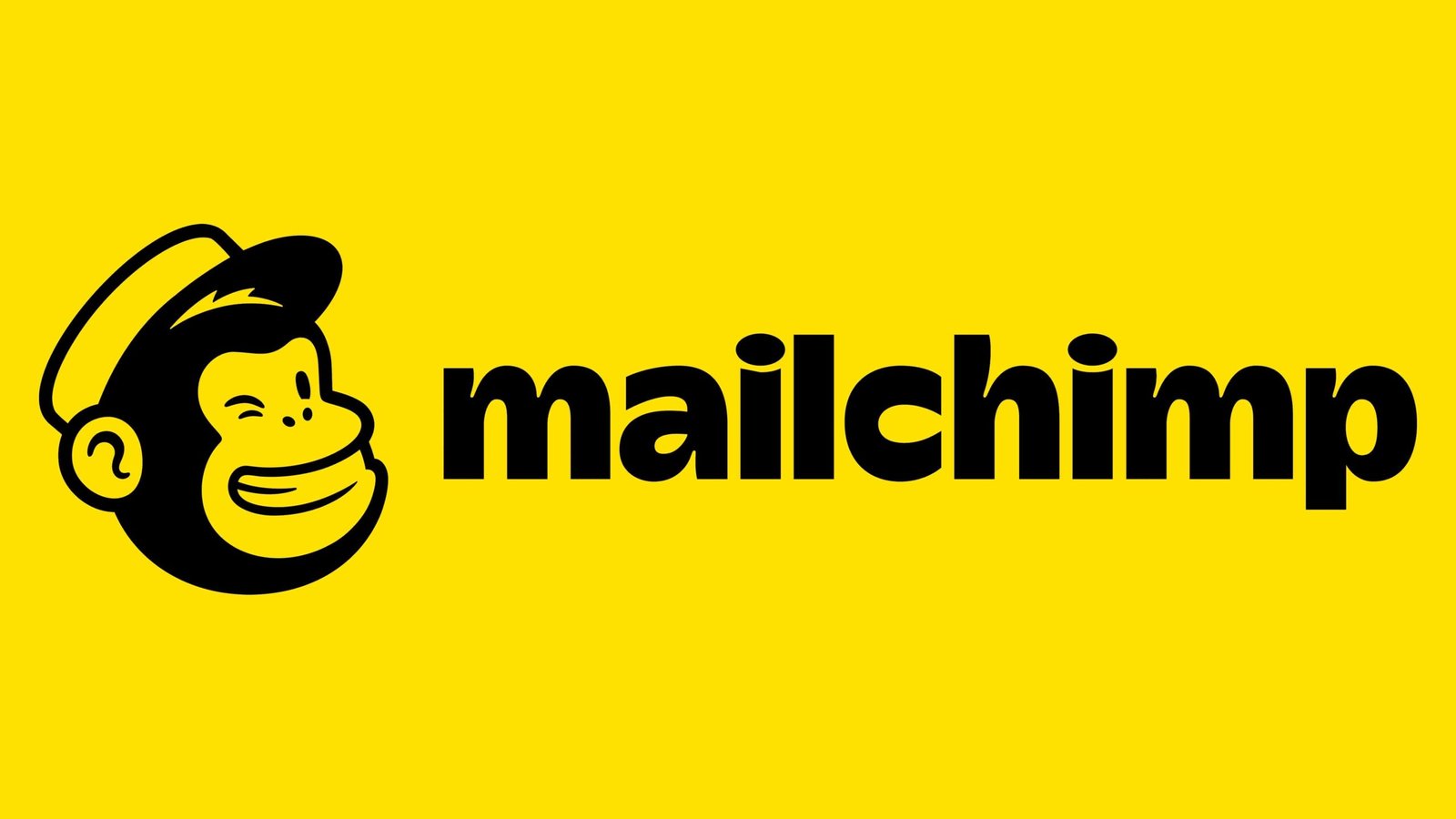Code review tool built on top of Git.
Gerrit is a powerful, web-based code review tool integrated with the Git version control system. Initially developed by Google for the Android Open Source Project, Gerrit facilitates code collaboration by enabling developers to review changes, discuss modifications, and approve or reject code before it is merged into the main repository. Gerrit is designed to help maintain high code quality by enforcing a strict code review process where every change must be reviewed and approved before it is integrated. It is widely used by large organizations and open-source projects that require a scalable, efficient, and transparent code review system.
Key Features:
- Git Integration: Directly integrates with Git repositories, providing seamless workflows for committing, reviewing, and merging changes.
- Web-Based Interface: Offers a web-based interface that displays the history of changes, side-by-side diffs, inline comments, and approval statuses, making it easy to review and discuss code changes.
- Customizable Review Process: Allows teams to define custom workflows for code review, including multiple levels of approval, specific reviewer roles, and automated checks.
- Access Control and Permissions: Provides fine-grained access control, allowing administrators to define who can submit, review, or merge code changes, and ensuring that the right people have the appropriate permissions.
- Continuous Integration (CI) Integration: Integrates with popular CI/CD tools like Jenkins, enabling automated testing and validation of code changes before they are merged.
- Change-Based Code Review: Changes are submitted as “patch sets” that can be reviewed, updated, and iterated upon, supporting incremental improvements and fostering collaboration.
- Email and Notifications: Sends automatic email notifications for new changes, comments, approvals, or rejections, keeping all team members informed about the status of their changes.
- Project and Branch Management: Supports multiple projects and branches, making it suitable for organizations with complex repository structures or multiple parallel development efforts.
- Support for Large Teams and Projects: Designed to handle large-scale projects with multiple contributors and reviewers, offering scalability and performance for enterprise environments.
- SSH and HTTP Access: Supports both SSH and HTTP protocols for accessing repositories, providing flexibility for different deployment environments.
Benefits:
- Improves Code Quality: Enforces a rigorous code review process where every change is reviewed and approved before merging, ensuring high standards of code quality and reducing the risk of bugs.
- Enhances Collaboration: Facilitates collaboration between developers by providing a transparent, web-based platform for discussing and reviewing code changes.
- Scalable and Flexible: Designed to handle large codebases and multiple contributors, making it suitable for both small teams and large organizations with complex development workflows.
- Integrates with Existing CI/CD Tools: Works seamlessly with popular CI/CD systems like Jenkins, allowing automated testing, validation, and integration of code changes.
- Customizable and Secure: Offers robust access controls, customizable workflows, and secure communication options, making it adaptable to the specific needs and policies of an organization.
Strong Suit: Gerrit’s strongest suit is its comprehensive code review functionality integrated directly with Git, providing a transparent, scalable, and flexible platform for enforcing code quality and managing collaborative development efforts.
Pricing:
- Free and Open Source: Gerrit is open-source and free to use under the Apache License 2.0. Organizations can deploy and manage Gerrit on their own servers without any licensing costs.
Considerations:
- Requires Setup and Maintenance: As a self-hosted tool, Gerrit requires infrastructure, setup, and ongoing maintenance, which may require dedicated resources, especially in larger environments.
- Steep Learning Curve: Gerrit’s interface and workflow can be complex and may have a learning curve for developers who are new to the tool or are accustomed to simpler code review tools.
- Less Intuitive UI Compared to Alternatives: While powerful, Gerrit’s web-based interface may not be as user-friendly or visually appealing as some other code review tools, such as GitHub or GitLab.
- Not a Full DevOps Platform: Unlike GitLab or GitHub, which offer comprehensive DevOps tools including CI/CD, issue tracking, and project management, Gerrit is focused primarily on code review.
Open-source project management and VCS.
Online VCS and project hosting platform.
Distributed version control system with strong security.
Summary: Gerrit is a powerful, open-source code review tool that integrates directly with Git to provide a scalable and flexible platform for managing code quality and collaboration. Designed to enforce a rigorous code review process, Gerrit helps maintain high standards of code quality by ensuring that all changes are reviewed and approved before they are merged. While it requires self-hosting and can have a learning curve, its strong integration with Git, robust access controls, and support for large teams make it an excellent choice for organizations that require a dedicated, enterprise-grade code review system.














